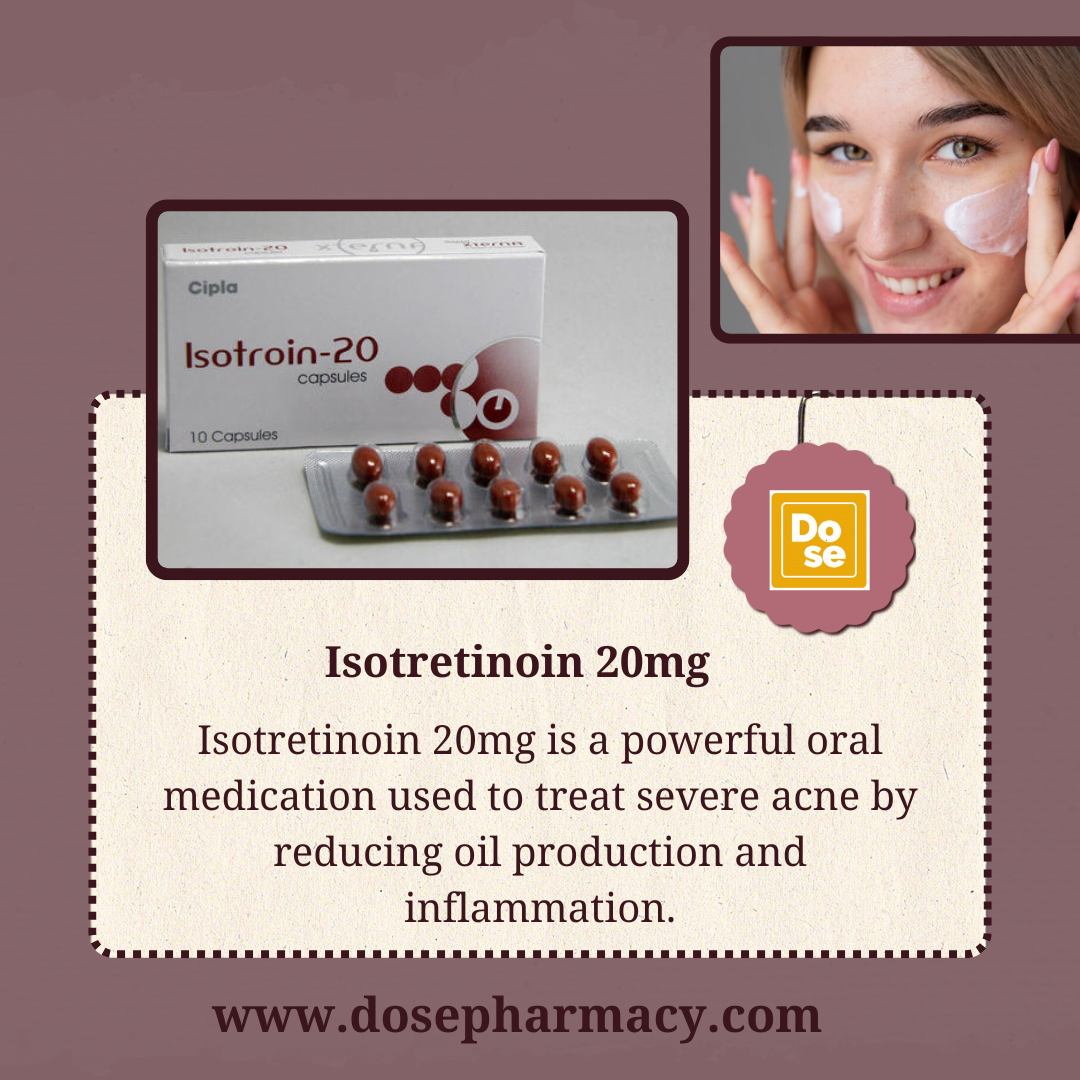Accutane (Isotretinoin 20mg) is a powerful medication commonly prescribed to treat severe acne that hasn’t responded to other treatments. While it is very effective at reducing oil production and clearing stubborn breakouts, it also requires careful lifestyle and dietary adjustments to minimize side effects and keep your body healthy during treatment.
What you eat can impact how well Accutane works and how your body tolerates it. Certain foods can make side effects worse, interfere with your skin’s healing, or put unnecessary strain on your liver — which processes the medication. Here’s a complete guide on the foods you should avoid while taking Accutane and why making these changes matters.
1. High-Fat Junk Foods and Fried Foods
Accutane is fat-soluble, meaning it is absorbed better when taken with food containing healthy fats. However, eating too much unhealthy fat can overload your liver and increase the risk of side effects like elevated cholesterol and triglycerides — two markers that your doctor will monitor during treatment.
Foods to limit:
-
Deep-fried foods (French fries, fried chicken, samosas)
-
Fast food burgers, pizzas loaded with cheese
-
Processed snacks high in saturated and trans fats
Instead, opt for healthy fats like avocados, nuts, seeds, and olive oil to get the benefits without harming your body.
2. Vitamin A-Rich Foods and Supplements
Accutane is a derivative of vitamin A. Taking extra vitamin A while on the medication can lead to vitamin A toxicity, which can cause headaches, dizziness, liver problems, dry skin, and even bone pain.
Avoid or limit:
-
Liver (beef liver, chicken liver – very high in vitamin A)
-
Fish liver oils (like cod liver oil)
-
High-dose vitamin A supplements or multivitamins containing vitamin A
Your doctor may recommend checking supplement labels carefully to avoid accidental overconsumption.
3. Alcohol
While not a “food,” alcohol is important to avoid during Accutane treatment. Both alcohol and isotretinoin are processed by the liver, and combining them can overload your liver, increasing the risk of elevated liver enzymes, liver damage, and other health issues.
Drinking alcohol while on Accutane can also make you more prone to dehydration and worsen side effects like dry skin and chapped lips. If possible, stay alcohol-free until your treatment is over.
4. Sugary Foods and Drinks
Excess sugar can increase inflammation, worsen acne in some people, and put stress on your liver and blood sugar levels. Since Accutane can already make your skin sensitive and fragile, it’s better to avoid foods that may trigger breakouts or slow healing.
Foods to cut down on:
-
Candy, chocolate with added sugar
-
Sugary sodas, energy drinks, packaged fruit juices
-
Cakes, cookies, pastries, and ice cream
Choose natural sweeteners in moderation, or swap sugary drinks with water or herbal tea.
5. Processed and Salty Foods
Accutane can sometimes cause fluid retention, leading to puffiness. Processed foods high in sodium can make this worse, causing bloating and putting extra strain on your kidneys.
Avoid or limit:
-
Packaged chips and snacks
-
Instant noodles, frozen dinners
-
Processed meats like bacon, sausages, and cold cuts
Opt for fresh, whole foods and season meals with herbs instead of excess salt.
6. Dairy (For Some People)
While not everyone needs to cut out dairy, studies suggest that dairy (especially skim milk) may worsen acne in some individuals. If you notice breakouts getting worse during treatment, you may want to experiment with reducing milk, cheese, and ice cream.
Choose plant-based milk alternatives like almond, oat, or soy milk as substitutes.
7. Highly Spicy Foods
Spicy foods aren’t harmful but can make some Accutane side effects — like dry lips and stomach irritation — feel worse. If you notice more heartburn or sensitive lips, cutting back on spicy food might bring relief.
8. Caffeine (In Excess)
A cup of coffee is usually fine, but too much caffeine can lead to dehydration, headaches, and worsen insomnia — a side effect some Accutane users report. Try to stay under 1–2 cups a day and drink plenty of water to stay hydrated.
Tips for a Skin-Friendly Diet on Accutane
-
Eat a balanced diet with lean proteins, whole grains, fruits, and vegetables.
-
Include healthy fats (avocado, olive oil, nuts) with your Accutane dose to boost absorption.
-
Drink plenty of water throughout the day to fight dryness.
-
Choose fresh, home-cooked meals over processed foods.
Why Your Diet Matters on Accutane
Your liver works hard to process Accutane, and poor diet choices can make it work even harder. Avoiding the foods listed above helps lower your risk of high cholesterol, liver strain, and other side effects — allowing you to focus on healing your skin safely.
Remember, Accutane is a temporary treatment but its effects can last for years. Pairing it with healthy habits can improve your overall well-being and help you enjoy clearer skin with fewer complications.
FAQs
Q1: Can I drink alcohol occasionally while on Accutane?
It’s best to avoid alcohol completely, as it can stress your liver and increase side effects.
Q2: Can I eat eggs while on Accutane?
Yes, eggs are safe in moderation. Just avoid eating them fried in unhealthy oils.
Q3: Do I need to take supplements during Accutane treatment?
Most people do not need supplements. Always ask your doctor before taking any vitamin or herbal supplement, especially vitamin A.


Join our community to interact with posts!